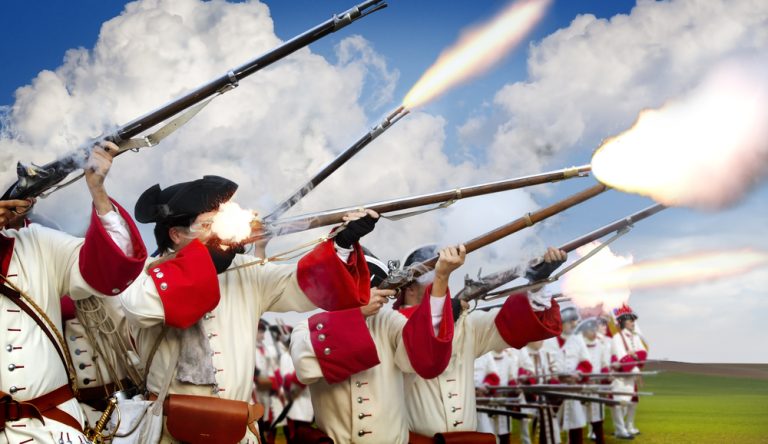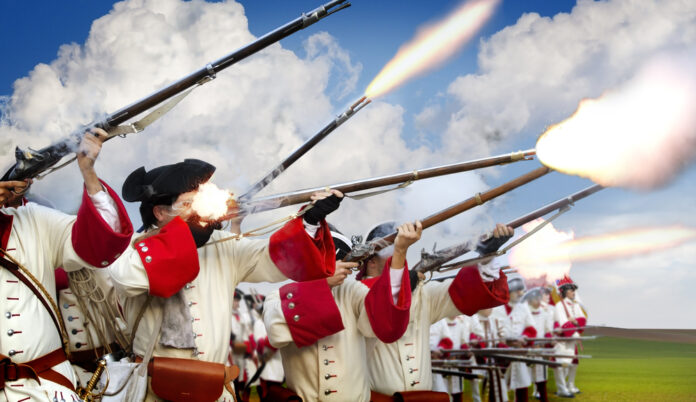
There’s a huge problem in the academic and education fields with historical revisionism. If you’re not familiar with the term, historical revisionism is retelling history, leaving out some facts and overemphasizing other things to give a particular slant on it that is different than the truth the can be known when the facts are given in their accurate context.
Of course, those revisionists would argue that anyone who disagrees with them is actually the revisionist because the revisionists are often stubborn in their refusal to acknowledge that they are wrong (I would argue that they are often intentionally, deceptively wrong).
Take the causes of the American War for Independence, for example. Children are told that it was excessive taxation that caused the U.S. colonies to rebel against Great Britain, which is partially true. More honest revisionists will also admit that the forcing of colonists to house British soldiers whether they wanted to or not was another factor.
What nearly no one is talking about may have been the inciting factor, though, and that is the British implementation of gun control on the colonies. TJ Martinell writes,
In reality, however, what finally forced the colonials into a shooting war with the British Army in April 1775 was not taxes or even warrant-less searches of homes and their occupation by soldiers, but one of many attempts by the British to disarm Americans as part of an overall gun control program, according to David B. Kopel.
Furthermore, had the American colonies lost their war for independence, the British government intended to strip them of all their guns and place them under the thumb of a permanent standing army.
In his paper titled “How the British Gun Control Program Precipitated the American Revolution,” Kopel claims that various gun control policies by the British following the Boston Tea Party, including a ban on firearm and gunpowder importation, tells us not only the purpose of the Second Amendment, but its relevance within the context of today’s gun control debate.
“The ideology underlying all forms of American resistance to British usurpations and infringements was explicitly premised on the right of self-defense of all inalienable rights,” Kopel writes. “From the self-defense foundation was constructed a political theory in which the people were the masters and government the servant, so that the people have the right to remove a disobedient servant. The philosophy was not novel, but was directly derived from political and legal philosophers such as John Locke, Hugo Grotius, and Edward Coke.”
Kopel writes that two important things underlined the American response to the British policies. One was the practical concept of self-defense, which British disarmament measures was making more difficult. The other, and more relevant concept, was that “Americans made no distinction between self-defense against a lone criminal or against a criminal government.”
The reality is that the attempts to enforce gun control, which was implemented to try to prevent colonists from resisting the British government, was accompanied by (even more) warrantless searches of colonists’ homes for firearms to confiscate and the banning of the importation and manufacturing of firearms in the colonies.
If that sounds suspiciously like red flag laws and other gun control proposals from anti-2A politicians, that’s because it is.
And that’s why historical revisionists keep trying to hide both the racist roots of gun control (you can read more about that here) and that gun control’s purpose has always been to make the people defenseless against the government.
The latter reason is why the Second Amendment was put into place in the U.S. Constitution, and that same reason is why we can never compromise by willingly allowing any form of gun control.
